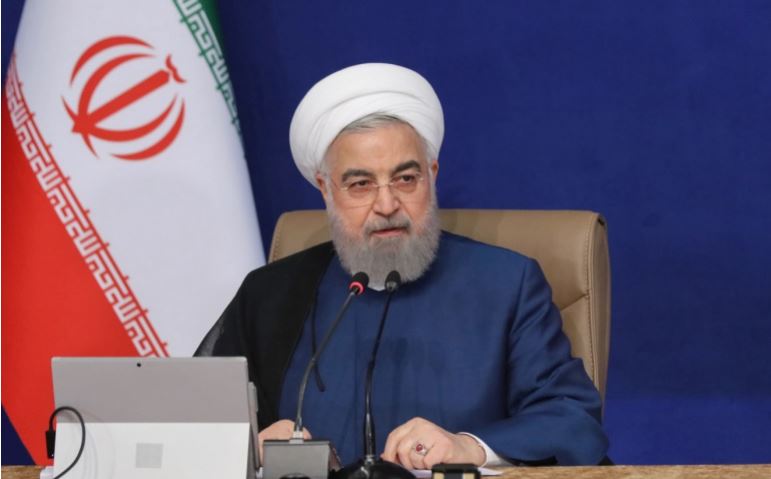The geopolitical earthquake that began with the Abraham Accords hasn’t ended. More than 130,000 Israelis have visited Dubai since President Trump hosted the peace deal’s signing this past September, and air travel opened up for the first time in August. New, friendly relations are flowering — wait until direct flights get going between Israel and Morocco. We are witnessing the last vestiges of what has been known as the Arab-Israeli conflict.
The conflict’s roots stretch back to the years after World War II, when Arab leaders refused to accept the creation of the state of Israel and spent 70 years vilifying it and using it to divert attention from domestic shortcomings. But as more Muslims visit Israel through Dubai, images are populating on social media of Jews and Muslims proudly standing together. More important, Muslims are posting pictures of peaceful visits to the Al Aqsa Mosque in Jerusalem, blowing a hole in the propaganda that the holy site is under attack and Israelis prevent Muslims from praying there. Every time Prime Minister Benjamin Netanyahu tweets something positive in Arabic about an Arab leader, it reinforces that Israel is rooting for the success of the Arab world.
One of the reasons the Arab-Israeli conflict persisted for so long was the myth that it could be solved only after Israel and the Palestinians resolved their differences. That was never true. The Abraham Accords exposed the conflict as nothing more than a real-estate dispute between Israelis and Palestinians that need not hold up Israel’s relations with the broader Arab world. It will ultimately be resolved when both sides agree on an arbitrary boundary line.
Read the article by Jared Kushner in The Australian (from The Wall Street Journal).

